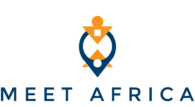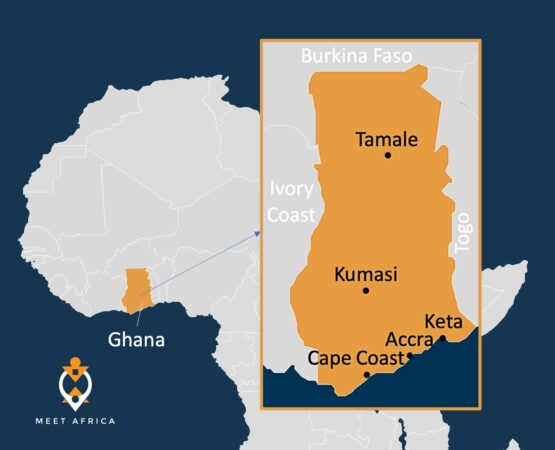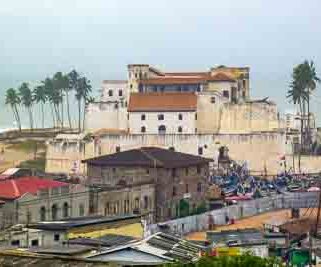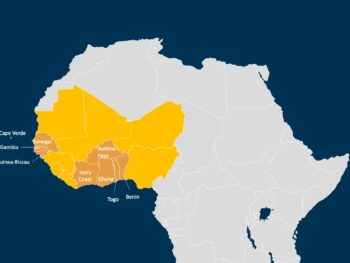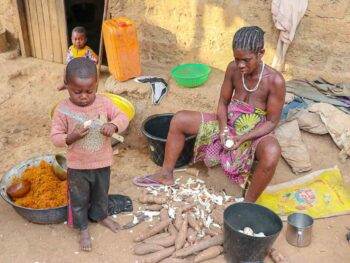We are ready for your fantastic voyage.
SEND US YOUR WISHES
Nos Circuits Sont en Cours de Création!
Nous voulons vous offrir des voyages qui mettent en valeur toutes les facettes de l'Afrique à travers ses traditions et sa modernité : son histoire, sa culture mais aussi ses artistes et ses entrepreneurs. Notre objectif est de diffuser un récit positif sur l'Afrique.
How do you envision your trip to the Motherland? Do share your desires with us. We will accommodate them in our group tours and design the perfect trip for you.
+228 98 46 02 02
